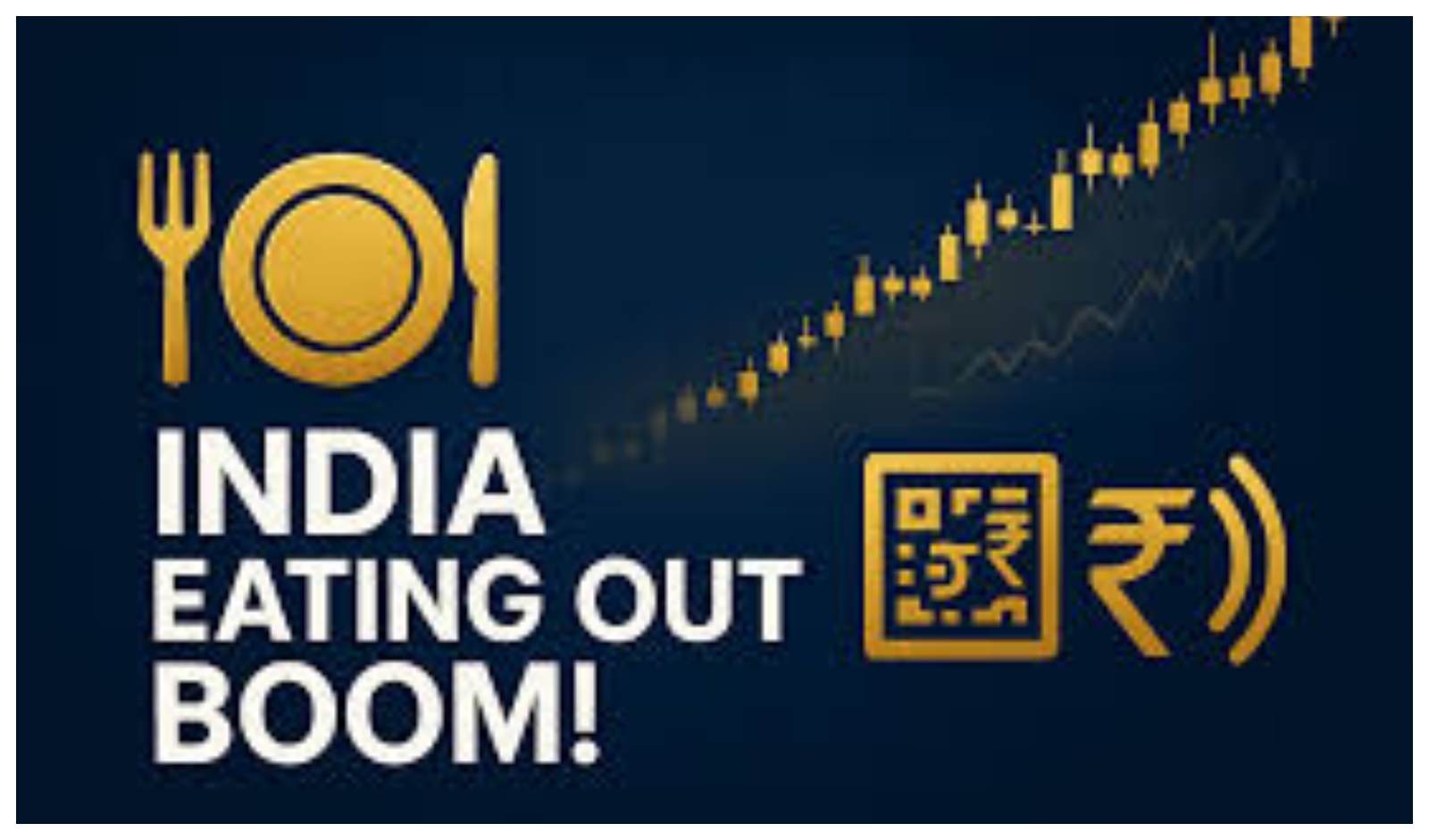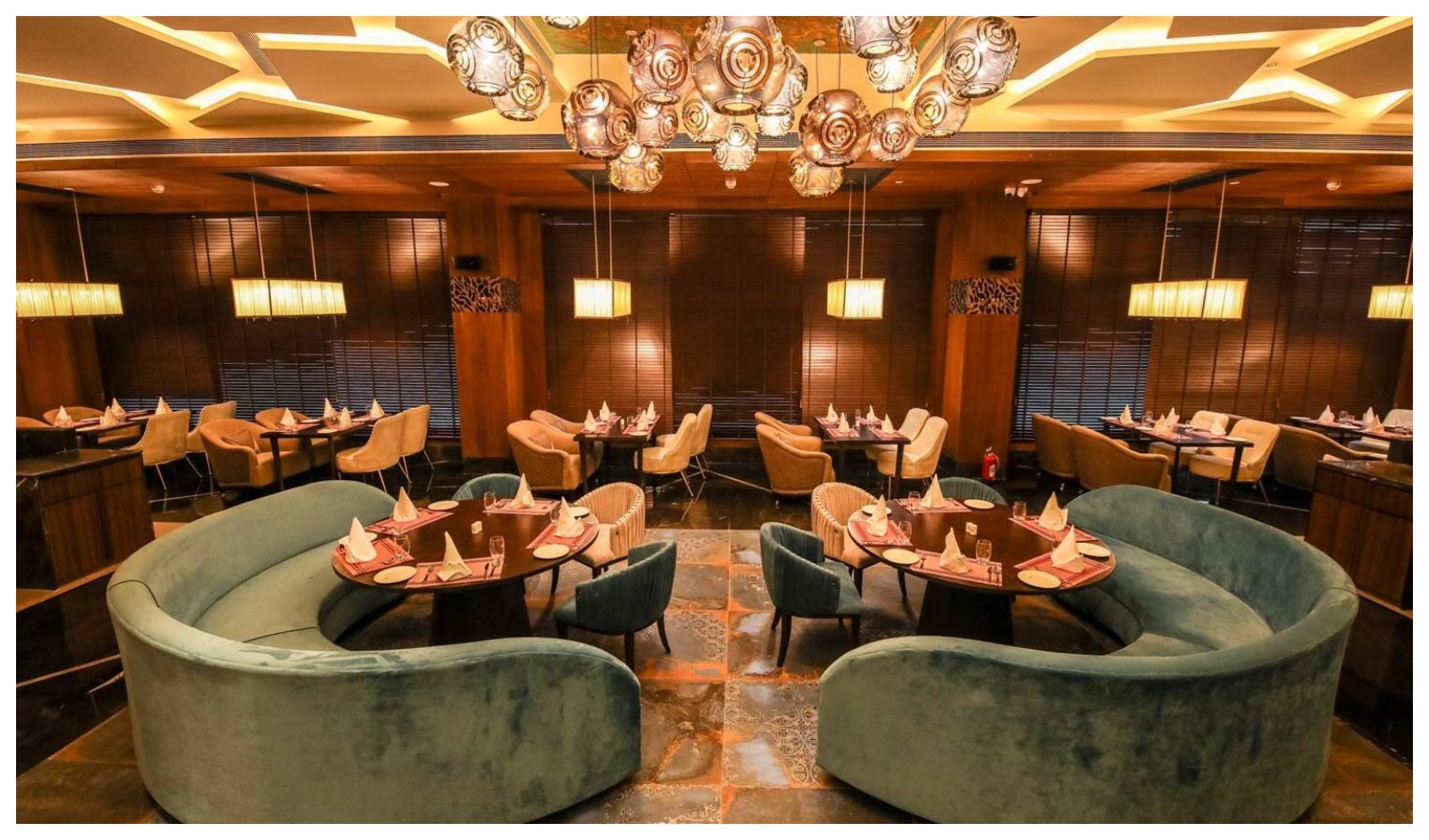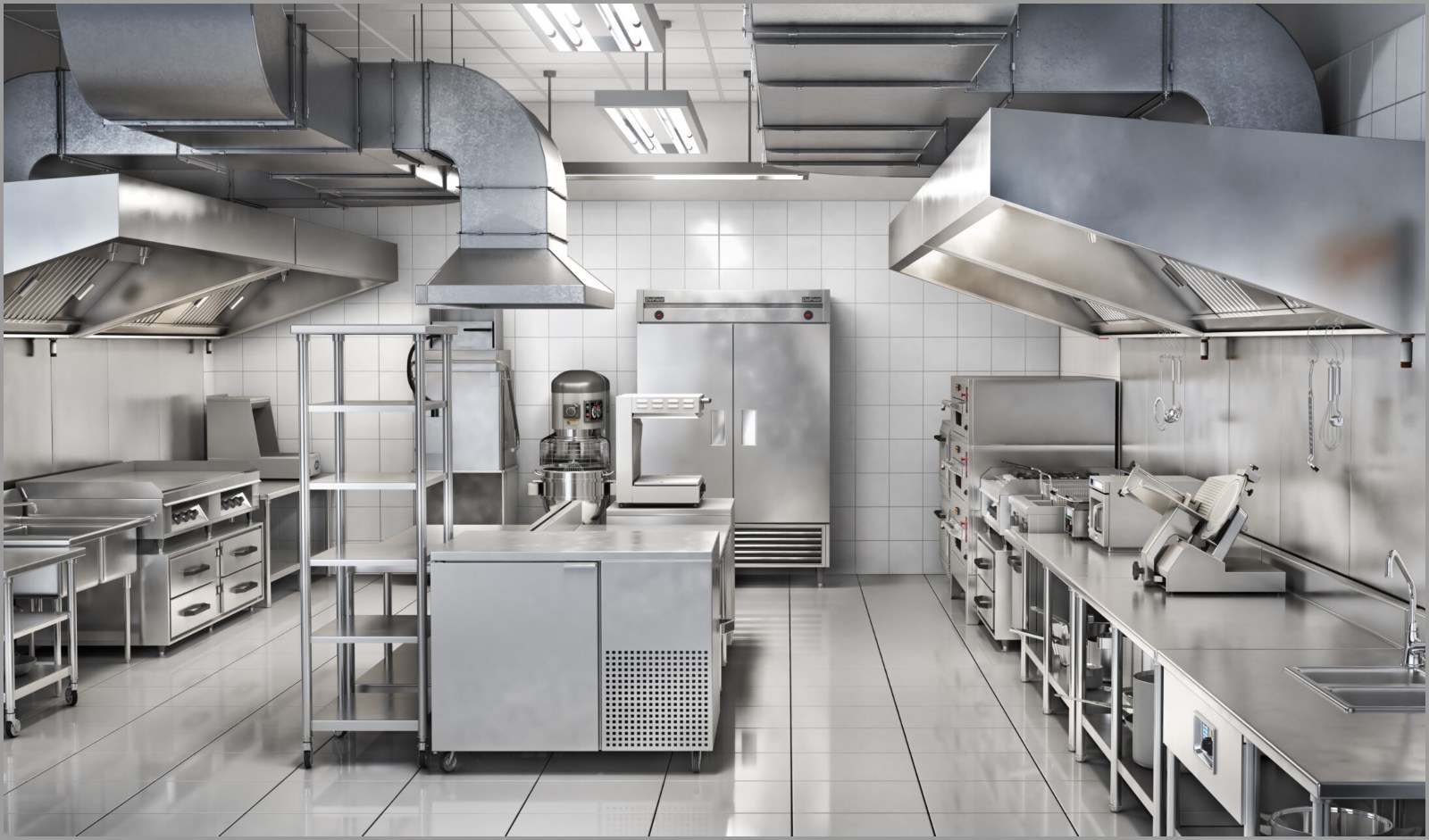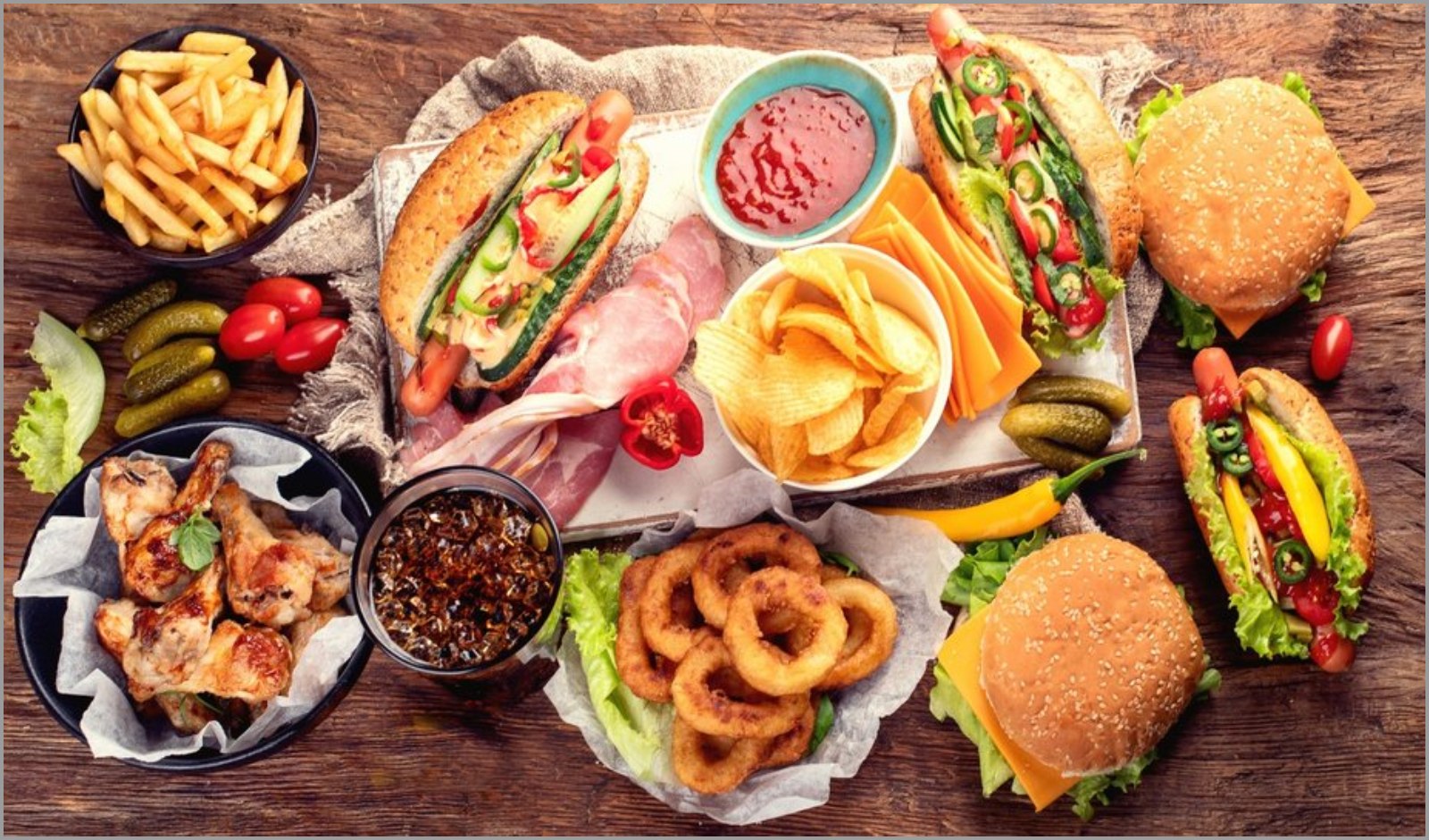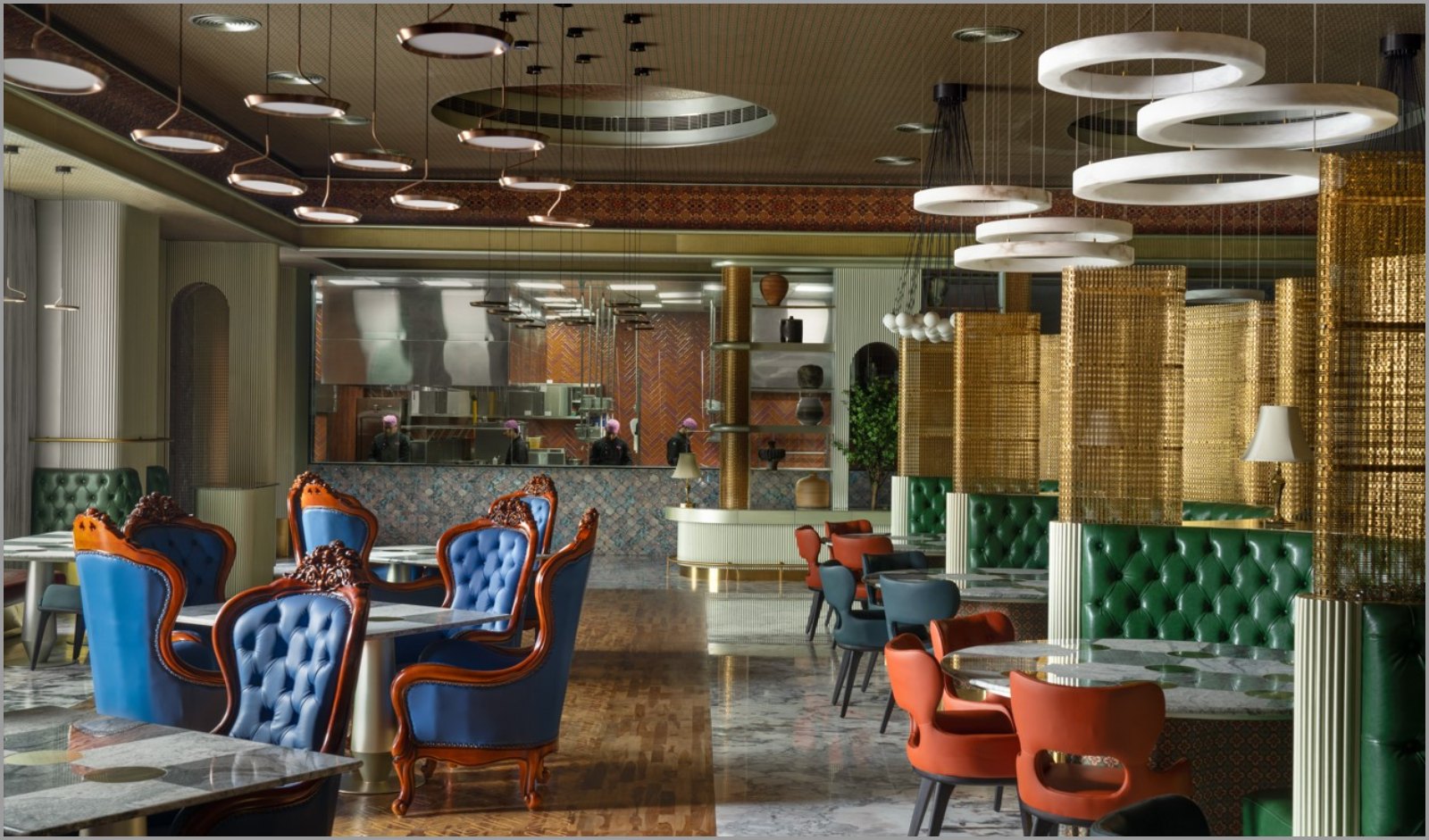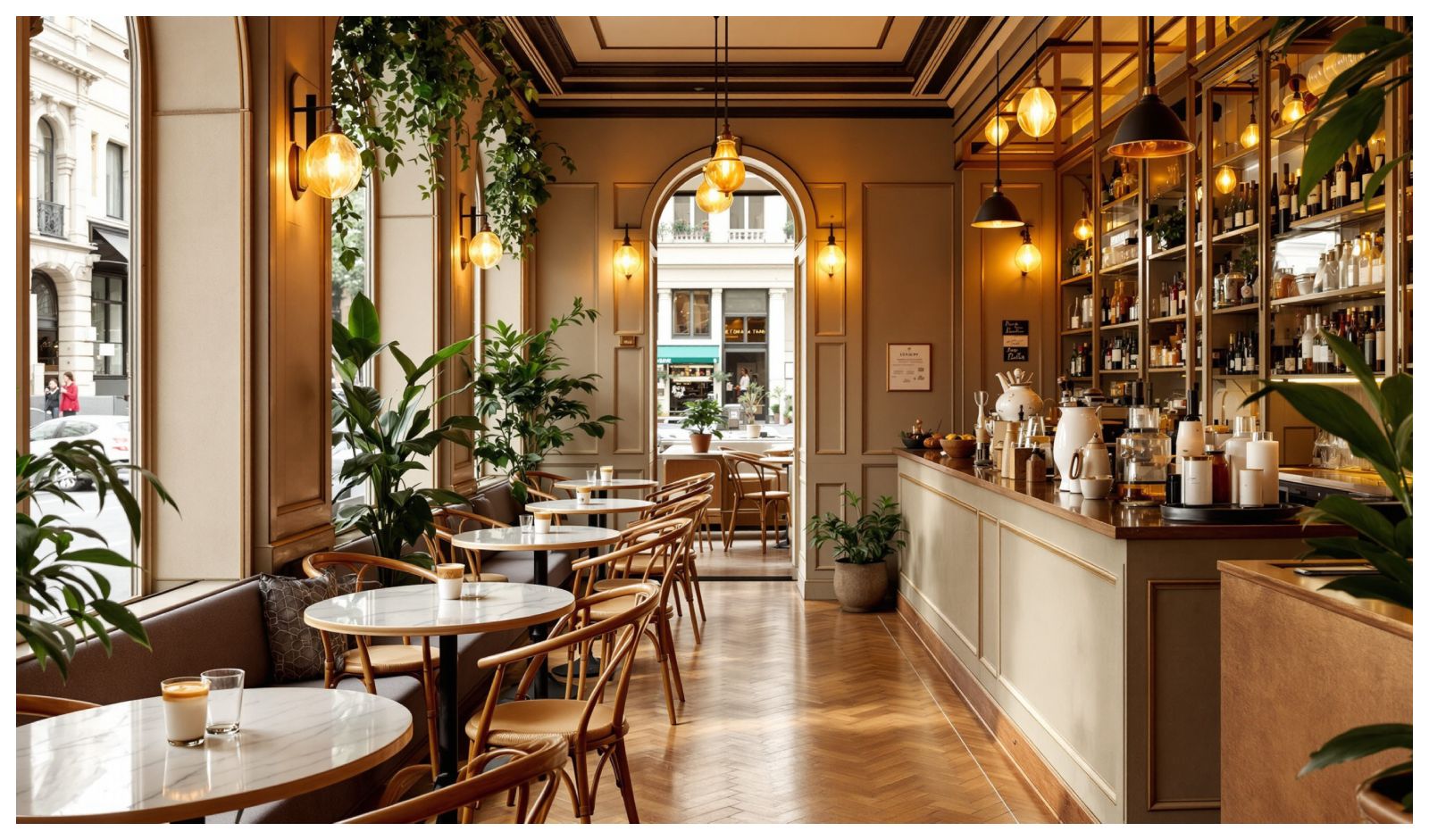With rising rents and ingredient costs, compact kitchen setups significantly reduce overheads often by 20–30%.
While QR menus and contactless payments are now common, cafés are increasingly turning to technology to optimise inventory, staffing, training and…
25–30% of restaurants make affordability a core positioning, while 35–40% treat affordability as a competitive necessity and 60-70% restaurants focus…
In line with Atmanirbhar Bharat, he believes targeted support for food-tech automation and smoother access to credit will be key to helping…
To stay relevant and build loyalty, restaurants are adopting structured strategies that combine people, processes, technology, and data.
The industry is growing at a CAGR of 9-10%, it is projected to surpass $30 billion by 2033.
Technology is expected to grow with a CAGR of 25-35% by 2030. India’s technology sector is projected to cross USD 280 billion this year.
Across the ecosystem, there is broad agreement that functional coffee in India will not explode overnight. Instead, it is likely to surface first as…
A positive and well-organized kitchen environment also plays a crucial role in motivating staff, which in turn ensures smoother operations and better…
Rapid urbanisation, rising disposable incomes, and the expansion of organised food services into Tier 2 and Tier 3 cities have broadened both the…
India’s coffee industry is no longer competing on taste alone, and this new wave of coffee consumption is set to drive the next phase of growth
India’s diners and travellers are seeking more than familiarity. They’re choosing dining rooms with a point of view, smaller menus built on clarity,…
As expectations rise and margins tighten, India’s café boom is becoming less about the brew and more about the plate beside it.
Behind the scenes, however, the economics and operating realities pull in a different direction. QSRs win on consistency, low prices, and predictable…

Known for its superior dine-in experience, they have witnessed consistent growth in delivery, which as of now, is contributing to more than 60% in…

As its preferred cloud provider, Wendy's expects to leverage Google Cloud's AI, ML, data analytics, Looker business intelligence and…

It has decided to charge 5 per cent GST on cloud kitchens and food delivery platforms as it is a levy on consumption.

Priced at Rs 20, Noodle Masala seasoning is a limited time addition to McDonald’s restaurants menu across North and East India.

As per research, Almost 21% customers ordered desserts while opting for food delivery and ice-cream was regarded as a preferred meal finisher by many…

As per statement, a registered user of Unocoin can use bitcoin worth as little as INR 100 and as much as INR 5000 to avail of these vouchers.

As per Zomato, India food delivery GOV in Q1 FY22 grew by 37% QoQ to INR 45.4 billion ($605m), from INR 33.1 billion ($442m) in Q4 FY21 (@ 1 USD = 75…

After a successful six-month trial period with the PizzaExpress operations team, Qlik Cloud will be launched to all restaurant managers from July.

This marks the first year for the 'NBA Comebacks' promotion as Taco Bell parts from its well-known 'Steal A Game, Steal A Taco'…

Starbucks stores across the country have re-opened for dine-in and takeaways in line with the guidelines issued for the respective cities.
Copyright © 2009 - 2026 Restaurant India.





